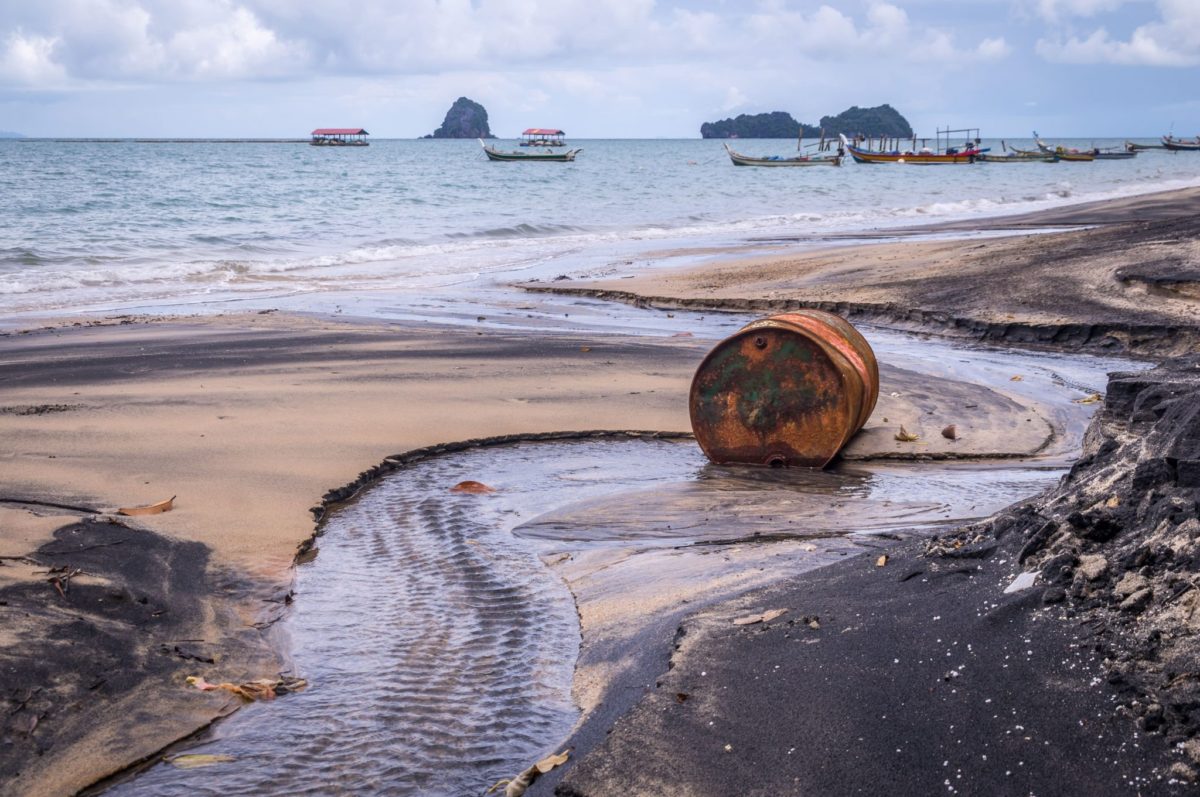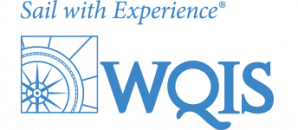Bringing Order to a Disaster

A maritime pollution spill may truly be a disaster, and the first hours are the most critical: they can set the tone for the entire response—for good or ill. That’s why WQIS has engaged the best response and mitigation consultants in the business to assist our clients with an ordered, compliant approach from the beginning. We asked John Lane, president and principal surveyor at Maritime Alliance Group—one of our premier response and loss containment partners—to provide you a glimpse into the orderly handling of a pollution spill. We hope it will give you confidence that, as a WQIS client, you do have someone eminently qualified to turn to when catastrophe strikes.
WQIS: John, you have more than 500 marine and inland oil spill responses under your belt and have a storied history in Coast Guard service, education, and professional qualifications and experience. Pollution spill response is “been there, done that” for you, but for our clients it may be a new and demanding experience. Can you walk us through the basics so at least the discomfort of uncertainty is reduced?
John Lane: This might be best addressed by discussing specifically what we do for WQIS. We are typically made aware of a spill by the claims folks at WQIS. Once notified, we make a series of phone calls in order to gather additional information. Our first call is usually to the assured. On that call, we ask very specific questions about the spill. We look to learn whether the source has been secured or the discharge is ongoing, get an estimate of the amount already discharged, and determine what actions, if any, have been taken by the assured. We ask if all the required notifications have been made to the authorities and if an oil spill response organization (OSRO) has been appointed. We help them through the notification if needed and discuss which OSRO might be best, based on location and type of spill.
Our next call would be to someone on site for more information if the assured’s contact was not there or to the local Coast Guard office so we can let them know the assured is being responsive and that we are on board to assist. We then may call the state regulators so that they can advise of any concerns from their side. Finally, we reach out to the OSRO in order to coordinate the response. We want to be in agreement with the quantity and type of response assets that are being deployed.
Assuming that the spill is more than a few gallons, we would make a determination whether to send a spill manager to the site. We have a network of trained and qualified spill managers all around the country that are available to respond to a spill. It is the role of the spill manager to coordinate the efforts of the OSRO so that the response efficiently meets the expectations of the authorities.
Once the spill manager arrives, he immediately meets with the Coast Guard to confirm that the response meets USCG requirements. Any changes in methods or equipment are discussed so that the OSRO can effect the required changes. From there, the spill manager develops a longer-term strategy for the efficient remediation of the spill. Often at this time, the assured leaves so he can get back to his own responsibilities, knowing the response is in good hands.
The spill manager remains on site through the completion of the field work. During this time, he meets regularly with the authorities. Joint inspections are made so that the cleanup end-point criteria are determined and so that all agree that good progress is being made towards that point. Other concerns, such as wildlife impact, resources damages, third-party claims, and media interests, are also the responsibility of the spill manager.
When the project concludes, a final inspection is conducted with the Coast Guard and state regulators so that all agree the end-point criteria have been met.
When an invoice is received from the OSRO, our office reviews it for completeness and accuracy. Once we have a clean invoice, a favorable payment recommendation is put forward to underwriters for payment.
In our next blog, we’ll look at how WQIS and our response partners help clients coordinate the many stakeholders involved in a spill response.
Since 1971, WQIS has been involved in more vessel pollution events than any other marine pollution provider. Having the right team immediately available in the event of a loss is crucial for mitigating damages, getting clients back to an operational status and the claims process. Our team is made up of an extensive network of trusted professionals to assist from the moment a spill occurs until the spill is cleaned up. For more information about our insurance solutions and services, call us at 212-292-8700.
